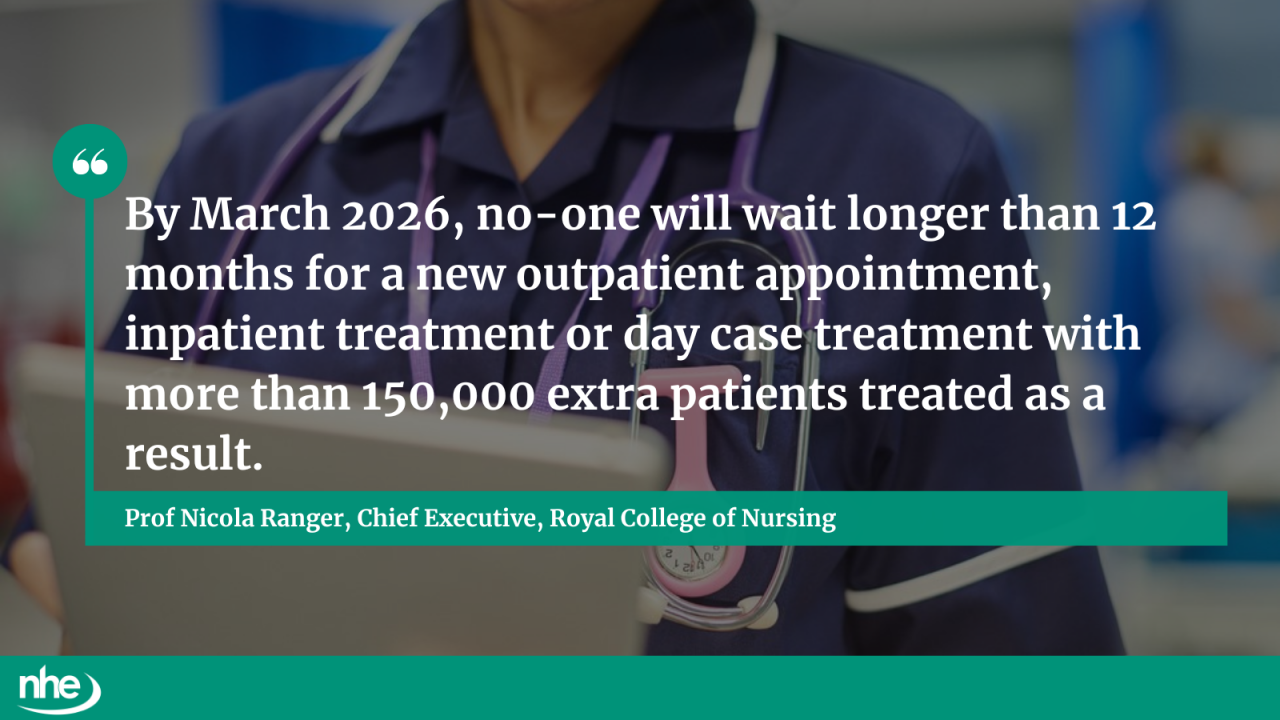The Royal College of Nursing (RCN) has issued a stark warning that over 32,000 student nurses in England could abandon their courses by 2029, a figure that could fill every current nursing vacancy in the NHS.
This alarming projection underscores the urgent need for the UK government to implement significant reforms to make nursing a more attractive degree and career choice.
The RCN's analysis highlights the critical need for a loan-forgiveness model for nursing students who commit to working in the NHS and wider public services. This initiative, coupled with universal maintenance grants, is seen as essential to reducing the financial burden on nursing students and addressing the high drop-out rates.
Some of the recommendations made by the RCN include:
- A loan-forgiveness model
- Universal maintenance grants
- Increased nursing pay

General Secretary and Chief Executive at the Royal College of Nursing, Professor Nicola Ranger, said:
"To deliver the government’s NHS reforms we need to supercharge recruitment into nursing, but we can’t do that with a broken education model or more real-terms pay cuts. Ministers should change course and agree a social contract with nursing students that sees pay rise and loans forgiven if they commit to working in public services.
“Transforming care cannot happen without investment to transform nursing. That means changing the way we recruit into the profession and making it a more attractive career by raising pay."
The call for reform comes as the UK government proposes a modest 2.8% pay increase for NHS nurses in England. This proposal is seen as insufficient in light of the new data from UCAS, which shows only 130 additional students enrolled in nursing courses this year compared to 2023.
Nursing students in England face significant financial challenges, paying tuition fees of £9,250 annually, set to rise to £9,535 in 2025. Unlike other students, nursing students must complete thousands of clinical hours alongside their academic studies, limiting their ability to seek paid employment and exacerbating financial hardship.
Earlier this year, RCN analysis revealed a dramatic decline in the number of people studying to become nurses, with reductions of up to 40% in some regions since the pandemic. This trend poses a severe threat to the future of healthcare in England, making immediate government action imperative.
Image credit: iStock



















